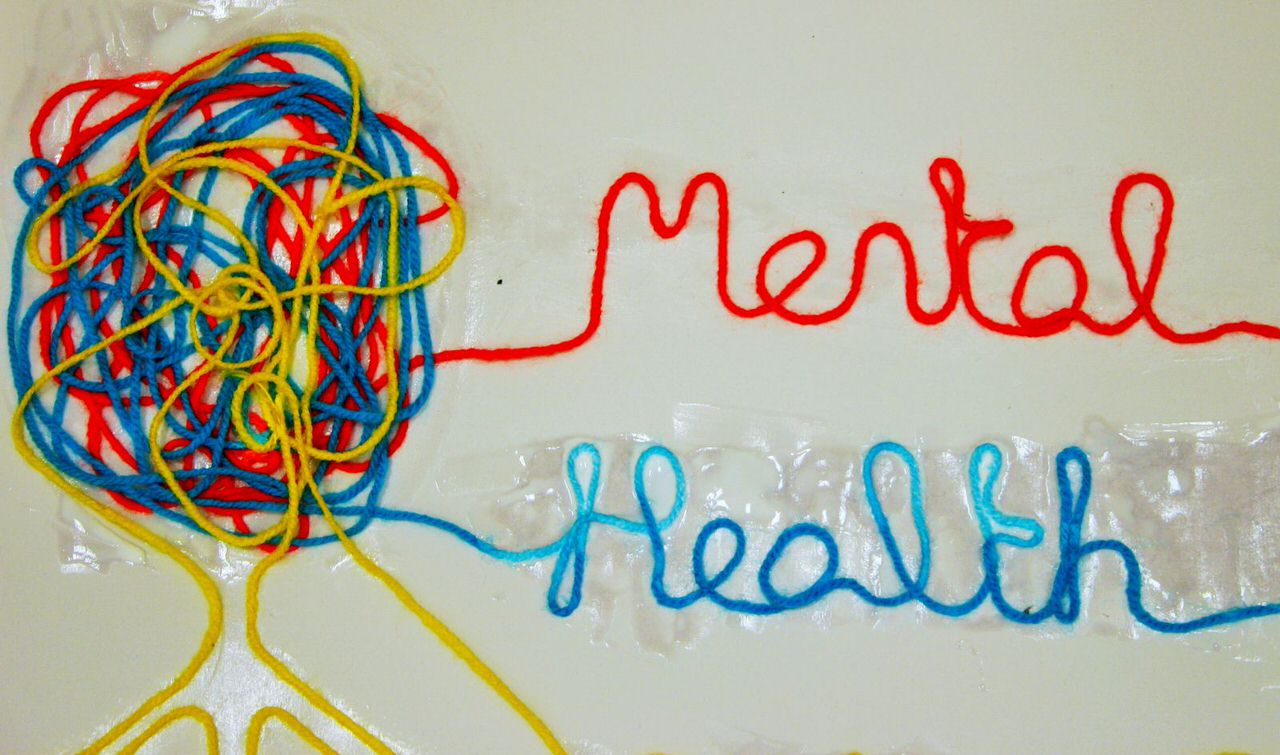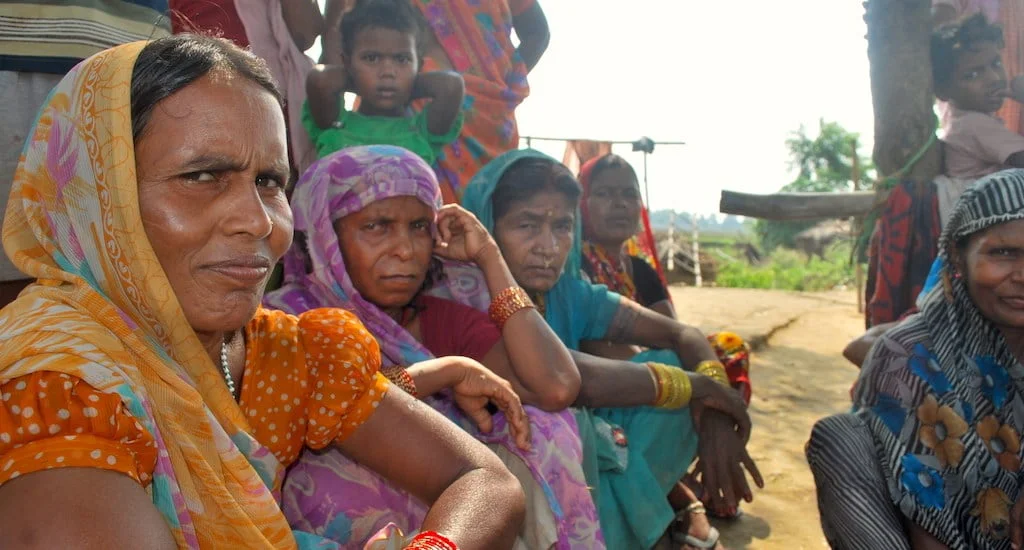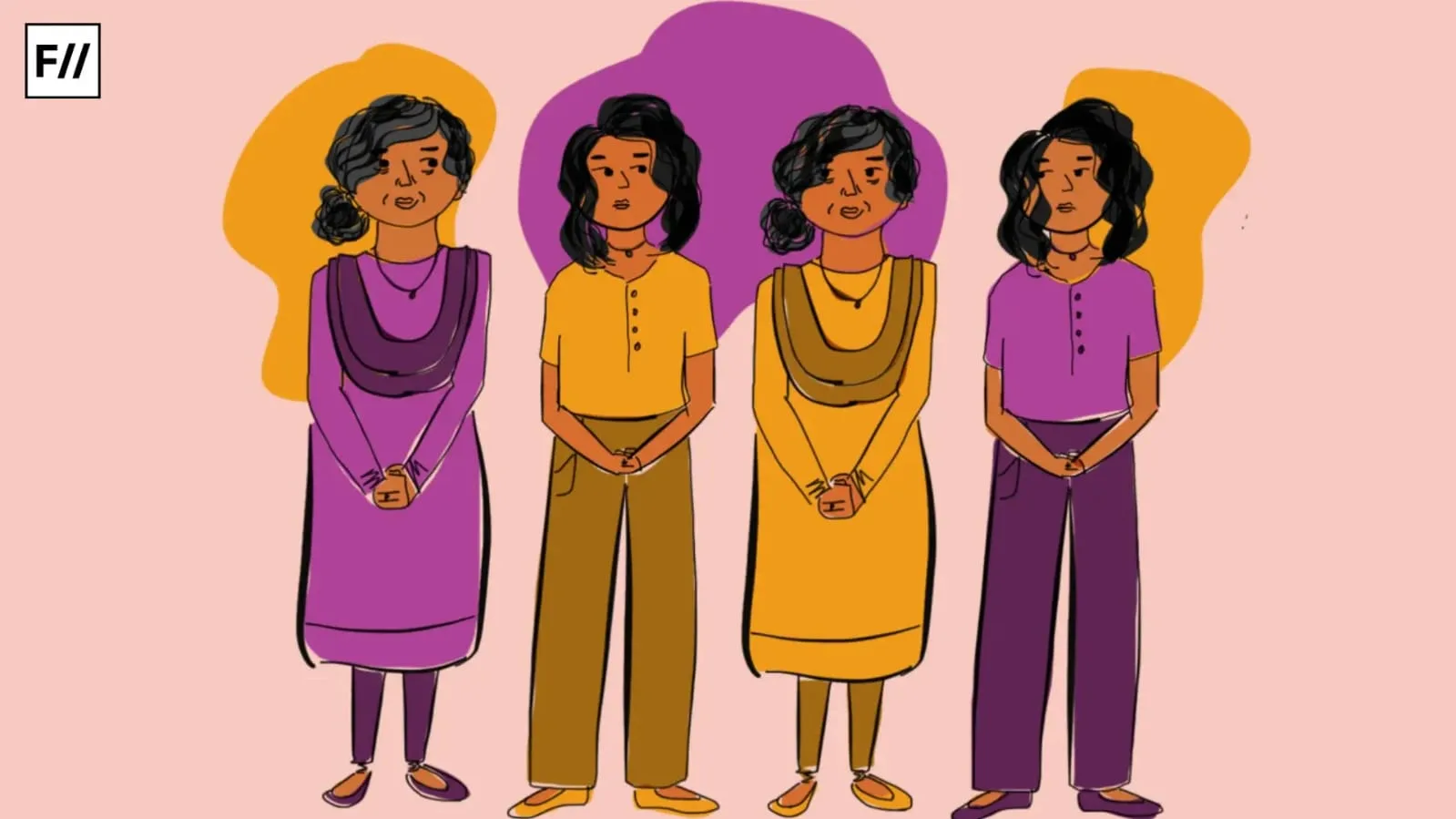iCall is a helpline run by the Tata Institute of Social Sciences. It provides counselling and support to people from across India via phone and email and through this addresses some of the vast gaps that exist in the mental healthcare landscape in India. In an earlier piece, we had spoken with Paras Sharma, Programme Coordinator of the iCall helpline to learn more about the work they are doing, who also spoke with us about one of their recent initiatives.
iCall recently launched an initiative via a Google form (which is still accepting responses), to compile a crowdsourced list of mental health professionals across the country who are trustworthy. They launched the first edition on Christmas with 95 responses across several cities. The list has now crossed 100 responses of professionals in all major metropolitan cities as well as more than 10 states.You can access it here.
The questionnaire has been designed based on a similar initiative called ‘The Crowdsourced List of Gynaecologists We Can Trust‘, which had received a lot of appreciation. While the final intent of both lists was different, they are similar in the aspects that are relevant – questions about affordability, confidentiality, non-judgmental approach among others.
The infrastructure for mental health services in India is fairly inadequate and there is not enough good information out there about mental health professionals who are ethical and non-judgmental. This is partly because of the stigma around mental health issues. Through this effort, iCall wanted to get people thinking about the professionals they know/have visited – “This is based on the assumption that if a user-survivor/someone acquainted with a professional is able to say with conviction that a particular professional does indeed meet these parameters, it is an indicator of an ethical and trustworthy mental health professional.”
The second edition of the list builds on the first and has more names. Cities and states, which were previously not covered will now have some names, and those which were covered earlier will now have more options. The list also has more information about professionals who were already on the first list.
iCall does not see this list as an endorsement or disavowal of any professionals. When asked, they mentioned that there is currently no way of establishing whether the entries have been made by actual user-survivors/laypeople or by professionals posing as the former. The hope is “That no professional is trying to game the system by recommending themselves whilst posing as a client” and iCall feels that the length of the questionnaire is a deterrent.
If professionals want to submit details about themselves to be included in the list, they can do so while mentioning they are responding for themselves under ‘How do you know this therapist‘. iCall plans to colour-code these entries as ‘self-recommendation’ in the subsequent editions for user ease. There are no plans to blacklist anyone as of now.
The list is available at their website, as well on several online forums. iCall plans to also circulate this list among print and online media. This list is a crucial effort in changing the mental healthcare landscape in India. Information is a powerful tool; while there is a paucity of qualified healthcare professional in the country, it is important to have detailed information about the professionals who are currently practicing. When used with discretion and the knowledge that no amount of reviews make any mental health professional above questioning, this list is a building block of the mental healthcare field.
iCALL’s crowdsourced list of Mental Health Professionals We Can Trust
About the author(s)
Feminist and Indian. Interests include gender, education, mental health and wellness. India/US.




